✨What's the ONLY Thing Your First Draft Needs to Do? Fast-Drafting Proponent Laurie Elizabeth Flynn Has the Answer!✨
Plus, more Deep Dive Speakers revealed, it's📕Books with Hooks🪝time again, Emilie Sommer has more comp recs for you, and our hosts answer your questions!
Happy Friday, writing pals!
Today is the first day of November and you know what that means, right? It is now officially the month when Early Bird registration for the 2025 Deep Dive Virtual Retreat opens! Bianca and CeCe have assembled another jaw-droppingly impressive trio of experts from across the publishing industry for today’s big speaker reveal, including a bestselling author, an editor-turned-agent with nearly a quarter century’s worth of experience, and a senior agent who’s worked on critically acclaimed books across a range of genres. Just take a look at some of the titles these three have had a hand in bringing into the world:
With sessions planned for you that cover aspects of craft, living your best writing life and how to successfully pitch your work when it's ready, there’s something for every stage of your writing journey. Intrigued? Read on…🤓📚🤩
Meanwhile over on the podcast…It’s📕Books with Hooks🪝week, and this time when you tune in you’ll hear Bianca, Carly, and CeCe critique queries for a speculative literary fiction and a coming-of-age submission set in the 80s (Editor’s note: 1980s coming-of-age? I’d buy that!). They cover a lot of ground, including how to show what characters want, rather than explicitly telling readers what that is, and regular listeners will be shocked—simply shocked!—to hear that CeCe has some strong opinions on the subject of interiority. 😉 😂
Speaking of the podcast…It’s bonus episode time again, with Emilie Sommer from East City Bookshop answering your comp requests. Need some titles for your query? There’s still time to get them in before the next episode is recorded (check out the link below to submit!).🤩📚💓
It’s also time for our hosts’ monthly Q&A video, where they answer the burning questions you’ve submitted, and this month’s is packed with insights on everything from social media to MFAs. The deadline for questions for the next edition is November 3rd, so get yours in soon!
And last, but absolutely not least, for all you intrepid masochists intending to write a book in one month, Laurie Elizabeth Flynn returns for the final installment of her three-part NaNoWriMo survival series. And even if you don’t plan to put yourself through the same writing wringer, we think you should still check it out—Laurie’s packed her essay with helpful tips for anyone who could use some help keeping things moving. (Editor’s note: Anyone else feeling personally attacked by Laurie’s admonishment against falling down research rabbit holes? I mean, she’s not wrong, but still. Ouch.) 🐇🕳️😆
That’s all for now. Thanks for reading! ❤️
The Shit No One Tells You About Writing Team
P.S. Still not sure about upgrading to paid? Check out our Tuesday Teaser below to see what you’re missing!
This Week’s Podcast✨🎙️✨
Get this week’s TSNOTYAW wisdom here! You’ll hear Bianca, Carly, and CeCe critique a coming-of-age submission set in the 80s, as well as a speculative literary fiction query. Our hosts chat about:
The importance of details in a query, as opposed to big-picture themes;
An example of a prologue that induces curiosity;
Layering emotion to create more realistic interactions with characters;
How the emotional complexity of your characters can heighten your readers’ connection to them;
The risk of writing experimental fiction; and
Avoiding using narration in your first line.
“You want my brain to fuse with your brain right away. And that is accomplished through excellent interiority. Cerebral creative fusion happens through interiority. It does not happen in any other way.”
— CeCe
And, because we love you so much, this week we also have our bonus episode for you!
Join Bianca as your favourite book person, Emilie Sommer from East City Book Shop, answers all your comp requests! If you want Emilie’s help with comps for your novel, make sure to submit a request here, before November 10th!
Our Hosts Answer Your Burning Questions! 🔥🔥🔥
Our monthly Q&A sessions with our fabulous trio of Bianca, Carly, and CeCe is back, tackling a variety of questions from our subscribers. In this month’s edition, they discuss the intricacies of querying agents, the importance of crafting a compelling author bio, and the nuances of self-publishing. The conversation also delves into the challenges of defining genre, the strategies for writing effective query letters, and the subjective nature of memoir writing, and explores the role of luck in the writing journey. Some key takeaways you’ll be left with include whether or not you need a formal education to be a serious writer, the importance of focusing on what you can control as a writer, and connecting your author bio to the story you’re trying to sell.
Tuesday Teaser 😉
We’ve got an eclectic mix of content in next week’s newsletter exclusively for our paid members, including Carly and CeCe’s written 📕Books with Hooks🪝query critiques and an essay from Renée M. Sgroi, who is both a poet and teacher of creativity (not creative writing, but creativity, full-stop. How cool is that?). Renée shares what fiction writers can learn from poets, and her excellent advice might be just what the doctor ordered for anyone feeling like they are/their writing is stuck in a rut. Among the pearls of wisdom she dispenses is a reminder that “all creative acts are and should be exploratory” (in other words, have fun! Try things and see where they take you!) and something she calls “The smooshes.” What are smooshes you ask? You’ll have to subscribe to find out.
Also in our Tuesday issue is a video from historical fiction author Elizabeth DeLozier (whose debut, Eleanore of Avignon, is out next week). Historical fiction continues to be HUGELY popular with both readers and writers, and self-professed “history nerd” Elizabeth has loads of practical advice for anyone tackling what can be a daunting genre to try to master. She shares tips on everything from gender roles and setting to ensuring your world-building takes weather into consideration.
Not yet a member? For just $8USD a month or $80USD a year you get:
an exclusive newsletter on Tuesdays featuring bonus author Q&As and other exclusive content from industry experts
weekly access to Carly Watters and CeCe Lyra’s written notes on queries from the podcast’s Books With Hooks feature
monthly bonus podcast episodes, AND
regular Ask Me Anythings / Q&As with Carly, CeCe, and Bianca Marais.
If that doesn’t kickstart your writing journey, we don’t know what will!
The Hits Just Keep On Coming: More Incredible Deep Dive Speakers Revealed 🥳
Everything you’ve heard is true: Publishing is run by gatekeepers. But guess what? Bianca and CeCe have the keys, and they’re unlocking the gates just for you!
Your co-hosts have 12 incredible speakers lined up for the upcoming Virtual Deep Dive, 9 of whom are agents and editors—and all of whom have a wealth of knowledge and experience they’re looking forward to sharing with you. Last week we told you about Jenny Jackson, Cherise Fisher, and Annabel Monaghan, and we’re super-excited to reveal the next three speakers today!
First up is Pilar Garcia-Brown, who is a Senior Editor at Dutton, an imprint of Penguin Random House. Previously, she worked at Mariner Books/Houghton Mifflin Harcourt.
She concentrates on fiction in multiple categories, as well as the occasional narrative nonfiction. Recent and forthcoming titles include: Natural Beauty by Ling Ling Huang, which will be produced for TV by Constance Wu; the National Book Award-nominated collection Holler, Child by LaToya Watkins; the New York Times Editors’ Choice Old Enough by Haley Jakobson; Thirst by Marina Yuszczuk, a dual-period queer Gothic vampire novel set in Argentina; and Mateo Askaripour’s sophomore novel, This Great Hemisphere, a mind-bending speculative epic set 500 years in the future.
Pilar has taught at NYU’s Center for Publishing and is co-chair of the Center for Fiction’s First Novel Fête Committee.
Pilar’s Topic: Defining Voice
What is voice? What does it mean when prose is “voice-y”? What are the differences between the author’s voice, the narrator’s voice, and the characters’ voices?
In this talk, we’ll discuss all things voice—what it is, how to find your own distinctive voice, and how to make sure your voice deepens and directs your storytelling.
Next up, we have Mark Tavani who is a literary agent with the David Black Agency. He represents a wide range of commercial fiction geared to entertain and to enrich the lives of readers. He represents nonfiction that illuminates or inspires, working typically with experts and journalists, especially those in the spaces of memoir, narrative nonfiction, big ideas, wellness, history, and sports. He also represents collaborative writers who partner with authors in such spaces.
Mark started his publishing career in 2000 with Ballantine Books and spent over 23 years with a number of imprints at Penguin Random House. He edited bestsellers and award-winners across numerous categories of fiction and nonfiction, including books by Jim Abbott, Steve Berry, C.J. Box, Robert Crais, Justin Cronin, Clive and Dirk Cussler, Jeffery Deaver, George Dohrmann, Lisa Gardner, Jack McCallum, Lisa Scottoline, Bill Simmons, and R.L. Stine.
Mark has a degree in Creative Writing from the University of Pittsburgh.
Mark’s Topic: How to Successfully Pitch Agents at Pitch Events
Summing up an entire novel in a one-page query letter is difficult enough, so attempting to do it in a few sentences for a pitching event might seem impossible, especially when dealing with the nerves associated with sitting directly across from your dream agent.
Mark Tavani takes you through the dos and don’ts of pitching events, and how to get the most out of them so you can bypass the dreaded slush pile.
Lastly in today’s lineup reveal is Jami Attenberg, who is the New York Times bestselling author of nine books, including The Middlesteins, All Grown Up, A Reason to See You Again and a memoir, I Came All This Way to Meet You: Writing Myself Home.
She is also the creator of the annual online group writing accountability project #1000wordsofsummer, which inspired the recently published USA Today bestseller 1000 Words: A Writer’s Guide to Staying Creative, Focused, and Productive All Year Round.
Jami has also written for The New York Times Magazine, The New Yorker, The Wall Street Journal, the Sunday Times, The Guardian, and others. Her work has been published in sixteen languages.
Jami’s Topic: What Does It Take to Lead a Creative Life Every Day?
How can writers best serve their own creative processes? Where do you go for inspiration? How do we free ourselves from distraction? How important is community to our writing lives? And how can you create a life in this business of art? Jami will also explain the development of the worldwide literary movement #1000wordsofsummer.
Stay Tuned for More!
Make sure you check next week’s edition for the exciting reveal of the next three incredible speakers!
And for those of you who enjoyed the breakout rooms and discussion sessions during the 10-week Deep Dive earlier this year, have no fear! We’ll be hosting two additional sessions on January 25th (11am – 2pm ET) and February 8th (11am – 2pm) designed to enable you to build community and ask questions.
Further details on pricing and the amazing prizes up for grabs will follow next week, but for now, if you’d like to register for a reminder email that will go out the day before our early bird pricing opens on November 29th, sign up here:
How To Brainstorm What To Write During NaNoWriMo: Part Three of a Three Part Series
by Laurie Elizabeth Flynn
November: Survival
Hello, NaNo friends! November is officially underway, which means our new books are too! I hope you’re all hanging in okay. This is the part where the stories that have lived in our head take shape on the page. Sometimes it’s exhilarating, seeing your story come to life, but if you’re anything like me, you might also be feeling pre-emptively stressed out that it’s not looking how you anticipated. If that’s the case, try to remember that all the books you love—the stories you see as brilliant works of art, and could read over and over again—started out as a messy first draft too, helmed by an author full of self-doubt. I remind myself over and over again that first drafts need not be perfect—their only purpose is to exist.
Having been through NaNo several times, and being a huge proponent of fast-drafting in general, I hope that some of these tips will help with motivation and encouragement!
The Pomodoro method
A lot of writers, myself included, swear by the Pomodoro method, which involves setting a timer for a manageable period of time (I usually do either 15 or 20 minute blocks), and in that period of time, all you do is write. Your fingers do not leave the keys, and your only job is to keep writing. I find that this is the only way for me to minimize distraction, aka the siren song of social media. After each block, I’ll take a very short break to get up and stretch or refill my coffee, then start the timer anew. The more you do this, the better a sense you’ll have of your own productivity. For instance, if you average 250 words per 15 minute block, you’ll average about 1,000 words per hour. This allows you to figure out how much time you’ll need to hit your daily word goal.
Track your progress
Much like you used a calendar to plan your writing for November, you can stay organized while drafting by recording how many words you’re averaging per session, and per day. It’s helpful to see patterns in your own writing. Maybe you write much quicker in the morning, before the house has woken up and emails are going off. Maybe you’re a night owl. In additional to keeping track of the actual word count, you can log your writing sessions in a notebook and record anything significant about that day’s work that you’d like to remember. Are you feeling energized? Sluggish? Uncertain? Wildly creative? Again, it’s very helpful to identify your writing patterns and the emotions that accompany them.
(Don’t) fill in the blanks
I often tell people who ask about my writing process that if I don’t draft fast, nothing would ever get finished, and for me, this is very true. I’d procrastinate and critique myself and never pull forward, so when I’m drafting, I remind myself that the only thing that matters is momentum. I don’t reread my work until the draft is finished. I don’t fix mistakes as I go or fill plot craters that emerge. I don’t let myself fall down rabbit holes of plot research. Instead, I’ve become very comfortable leaving myself blanks that say things like [ADD DETAIL HERE] or [JOB DESCRIPTION HERE] or [SETTING DETAILS HERE]. This gives me permission to forge ahead, knowing that in my next draft, I’ll go in and fully research and work out these details, but in the meantime, they’ve provided a temporary scaffolding so that I can continue with my draft.
A separate Word doc
Something else I like to do, besides leave blanks, is leave myself a handy guide of answers to those blanks, or other ideas/things for Future Me to ponder. Every time I draft, I keep a separate Word document of notes about the manuscript. For instance, if I’ve realized two characters need to be combined into one, or if a new plotline has emerged that I want to explore, or a fun little red herring I can add. This is almost always in bullet point form and is hugely helpful when I go to revise.
Let go of perfection
The only way I can draft is quickly, and the only way I can draft quickly is to let go of my expectation that my sentences need to be beautiful. They don’t. At this point, they are building blocks for the story, and they’ll change in revision, and become polished and pretty with time. Clunky dialogue will be bettered, cliches removed, and nobody will release a breath they didn’t know they were holding. Right now is not the time to concern yourself. Just get it out, and remind yourself no one will read this draft except you (unless you choose to share it!), so let yourself be as messy as you need to be to get to the heart of your story.
Use a different font
This is a visual trick you can use if you’re getting hung up on the appearance of your book—is it looking too serious in Times New Roman, and you feel as though you can’t play around with it? Change the font to something else, and see if that helps you out of your rut. You might just find that you’re able to experiment with your story, as though something as simple as changing fonts has given you permission to color outside the lines.
Headlights outlining
I read somewhere about a form of outlining essentially for non-plotters called “headlights outlining,” where you can see ahead in your story only as far as your headlights allow. I like to employ this while I’m drafting to give myself a head start on my work for the next day. When I’m done a chapter, or a writing session, I leave a couple lines in the manuscript about what I think should come next. This is super helpful to me when I pick up the next day, and much preferred to staring at a blank page.
Chapter summaries
One of my friends suggested this to me, and it is so helpful in keeping organized (and Future You will thank Present You for it). When you finish a chapter, make a quick summary in a separate Word doc about what happened in that chapter. (If you’re an outliner who had a chapter by chapter outline beforehand, you can also integrate this as a second column in the same outline for a handy side by side comparison of what you wanted to happen vs. what actually did.) I always refer to my chapter summaries in revision to identify any gaps in plot and pacing and character. (For instance, a great way to track if a character accidentally disappears for 100 pages only to magically resurface with no explanation.)
Celebrate your wins
As writers, it’s easy to dwell on what we’re doing wrong, but try to reframe this mindset to instead celebrate your small victories! Are you hitting your word count every day? Ahead of schedule? Have you reached a milestone, like 5K or 10K or 25K? Be sure to reward yourself in a way that will motivate you to keep going, like a Starbucks drink or TV show or fun purchase or dinner out. Don’t lose sight of the fact that you’re in the process of doing something EXTREMELY amazing. You’re writing a novel! That in itself is a huge accomplishment, so celebrate every step of the process.
I hope these tips have helped you in your NaNo journey! It has been an honor for me to come along. I’m cheering for you all—and hoping I get to read your books some day. Keep writing and pushing through, and remember that you’re the author your story needs—from this first draft, amazing things will emerge. Congratulations!
Laurie Elizabeth Flynn is a former model who lives in London, Ontario with her husband and their four children.
Her adult fiction debut, The Girls Are All So Nice Here, was named a USA Today Best Book of 2021, sold in 11 territories worldwide, and became an instant bestseller in Canada. Her second novel for adults, Till Death Do Us Part, was an instant USA Today and national Canadian bestseller, and a Good Morning America Buzz Pick. She is also the author of three young adult novels: Firsts, Last Girl Lied To, and All Eyes On Her, under the name L.E. Flynn.
When she’s not writing, you can likely find her hiking in the woods, perusing thrift stores for vintage dresses, or bingeing on reality TV dating shows.
The Ultimate Planner for Writers, 2025
Have you been frustrated with the limitations of your daily planner which, while allowing for hour-to-hour scheduling of your usual appointments, doesn't allow you to include all the myriad activities associated with your rich writing life?
This planner allows you to:
Keep track of your daily word count, as well as assign and monitor time spent on brainstorming, researching, drafting, editing, etc.
Log and track your agent queries
Brainstorm and make editorial notes
Outline your WIP
Create character profiles
Outline your plot/scenes
Complete scene cards
Keep all your ideas in one place
Keep a record of your research and material sources
Make notes of inspiration
Track the books you've read
The Ultimate Planner for Writers has all the monthly, weekly and daily functionalities of a usual planner, but with added features designed specifically for writers. It’s available for purchase either as a hardcopy or as an e-planner that's been designed for use on an iPad or similar touch screen tablet, and makes the ultimate gift for the writer in your life.
That’s all for this week’s news! If you enjoyed it, why not share the love? 🥰
Tune in again next week for more invaluable wisdom from our wonderful hosts! Until then, happy writing! 😍
❤️ The Shit No One Tells You About Writing Team
Our work takes place on land now known as Toronto and Ottawa and we acknowledge that these are the traditional territories of the Mississaugas of the Credit, the Anishnabeg, the Chippewa, the Haudenosaunee, and the Wendat Peoples as well as the unceded, unsurrendered territory of the Anishinaabe Algonquin Nation. Toronto is covered under Treaty 13 and the Williams Treaties. We respect and affirm the inherent and Treaty Rights of all Indigenous Peoples across this land and acknowledge the historical oppression of lands, cultures, languages, and the original Peoples in what we now know as Canada. We invite you to learn more about the land you inhabit, the history of that land, and how to actively be part of a better future going forward together at Native Land or Whose Land.
Carly Watters and CeCe Lyra are literary agents at P.S. Literary Agency, but their work in this newsletter is not affiliated with the agency, and the views expressed by Carly and CeCe in this newsletter are solely that of themselves and do not necessarily reflect the views, opinions, policies, or position of P.S. Literary Agency.



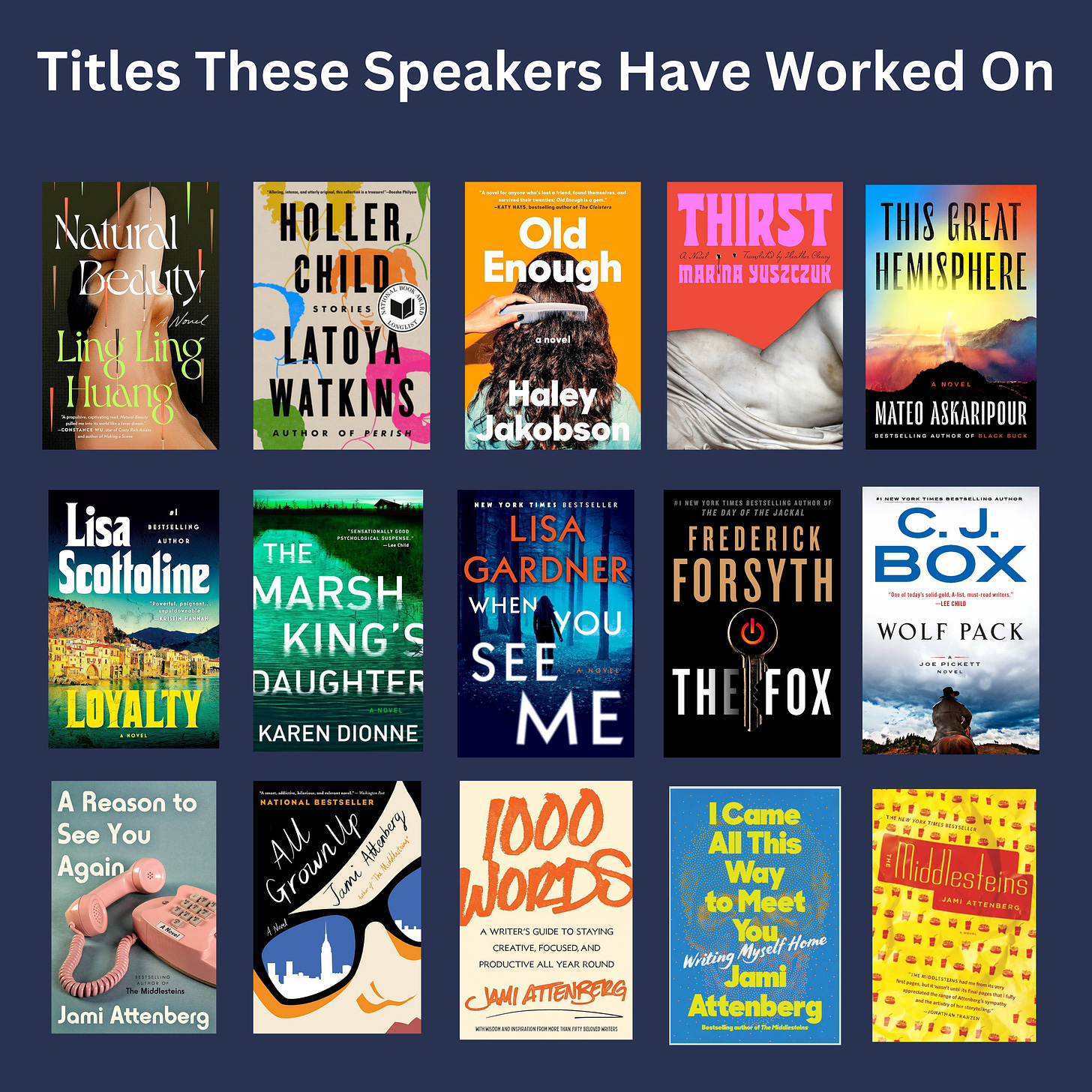
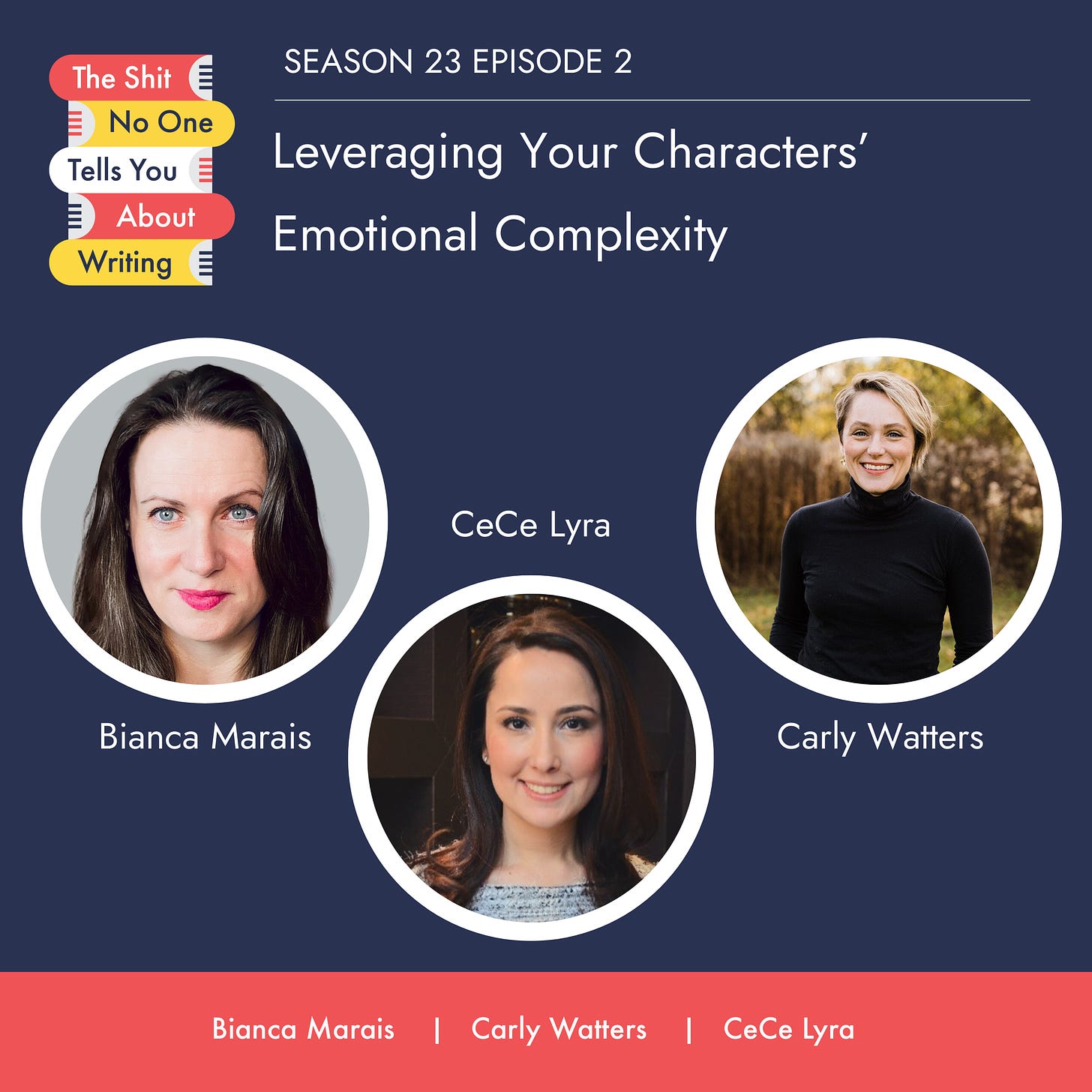
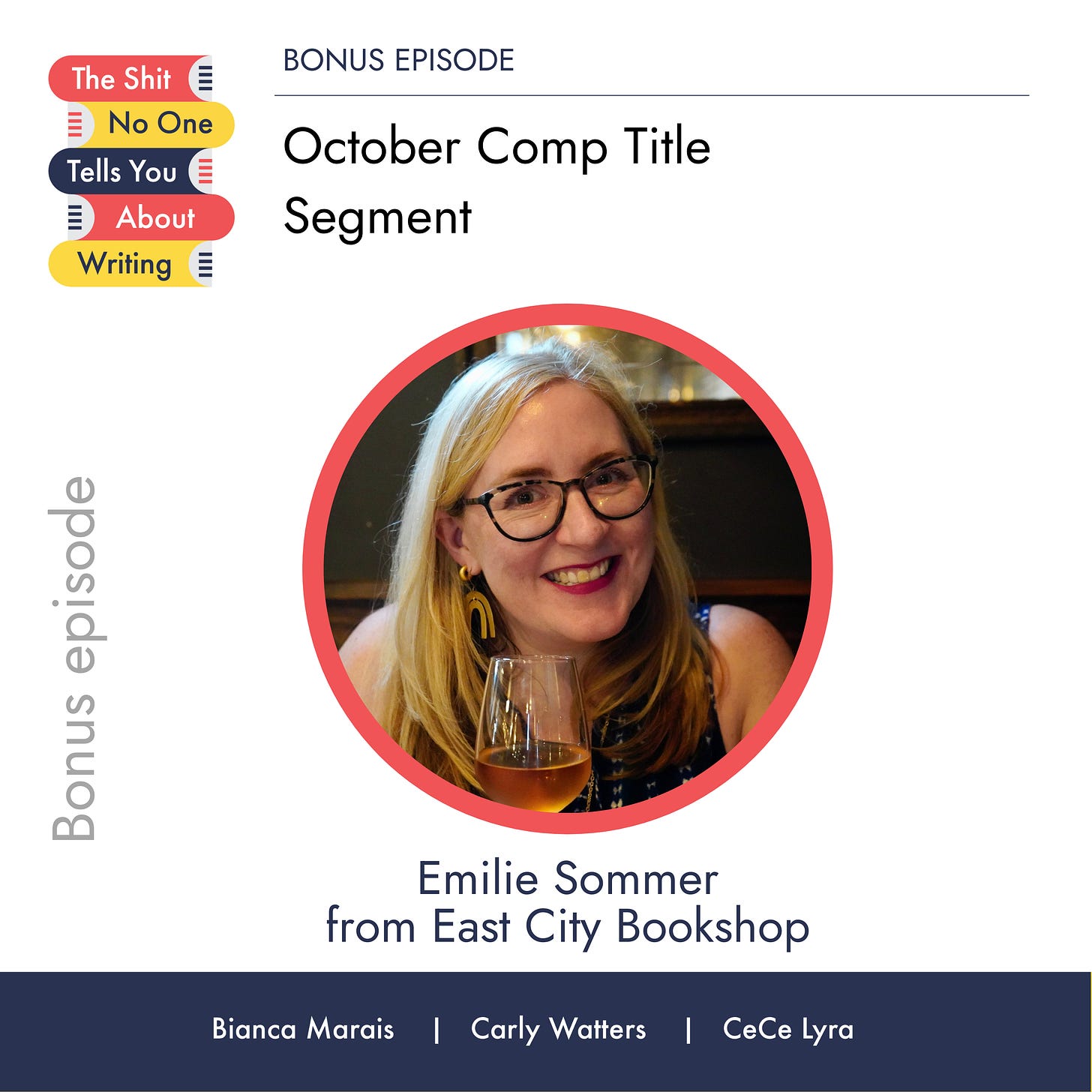
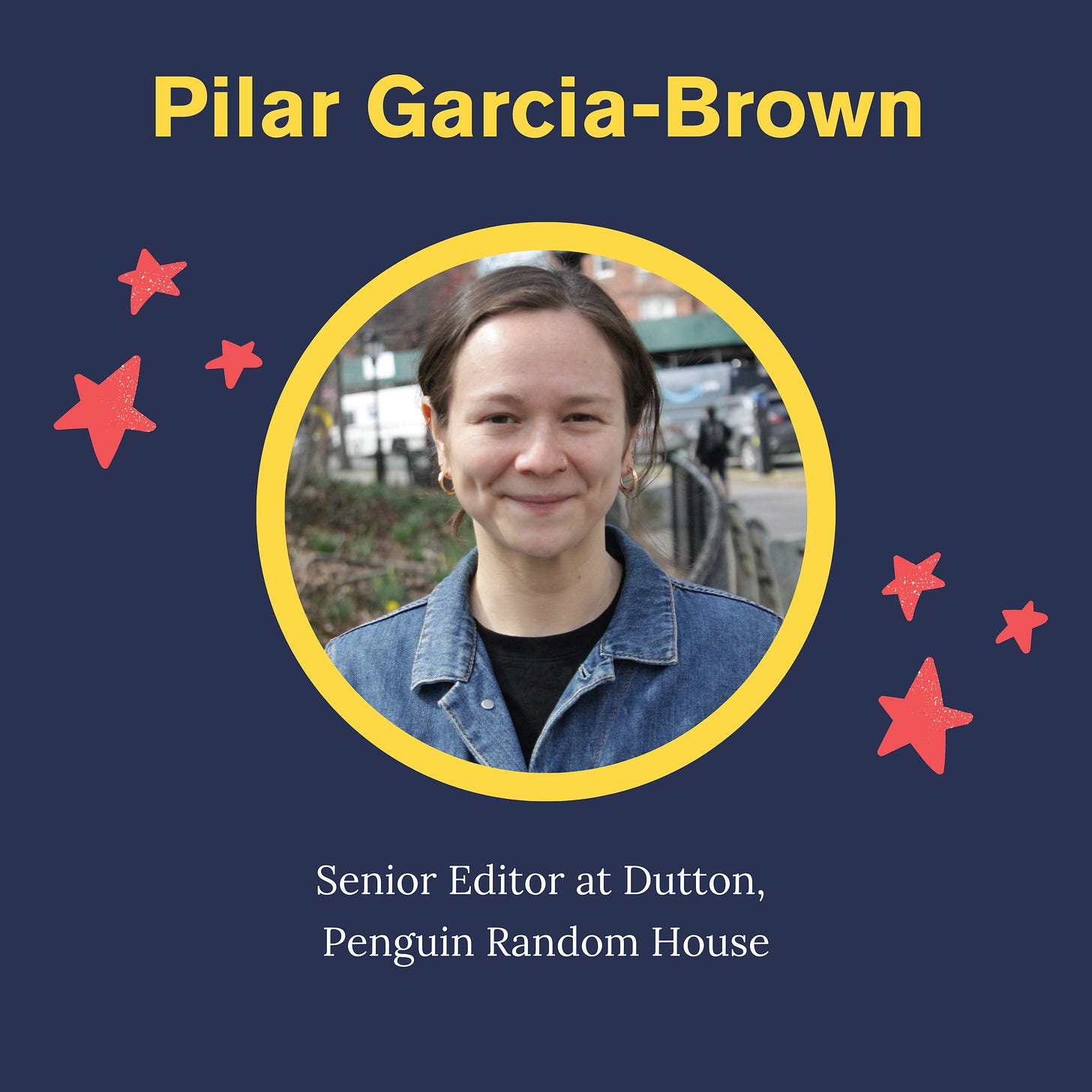
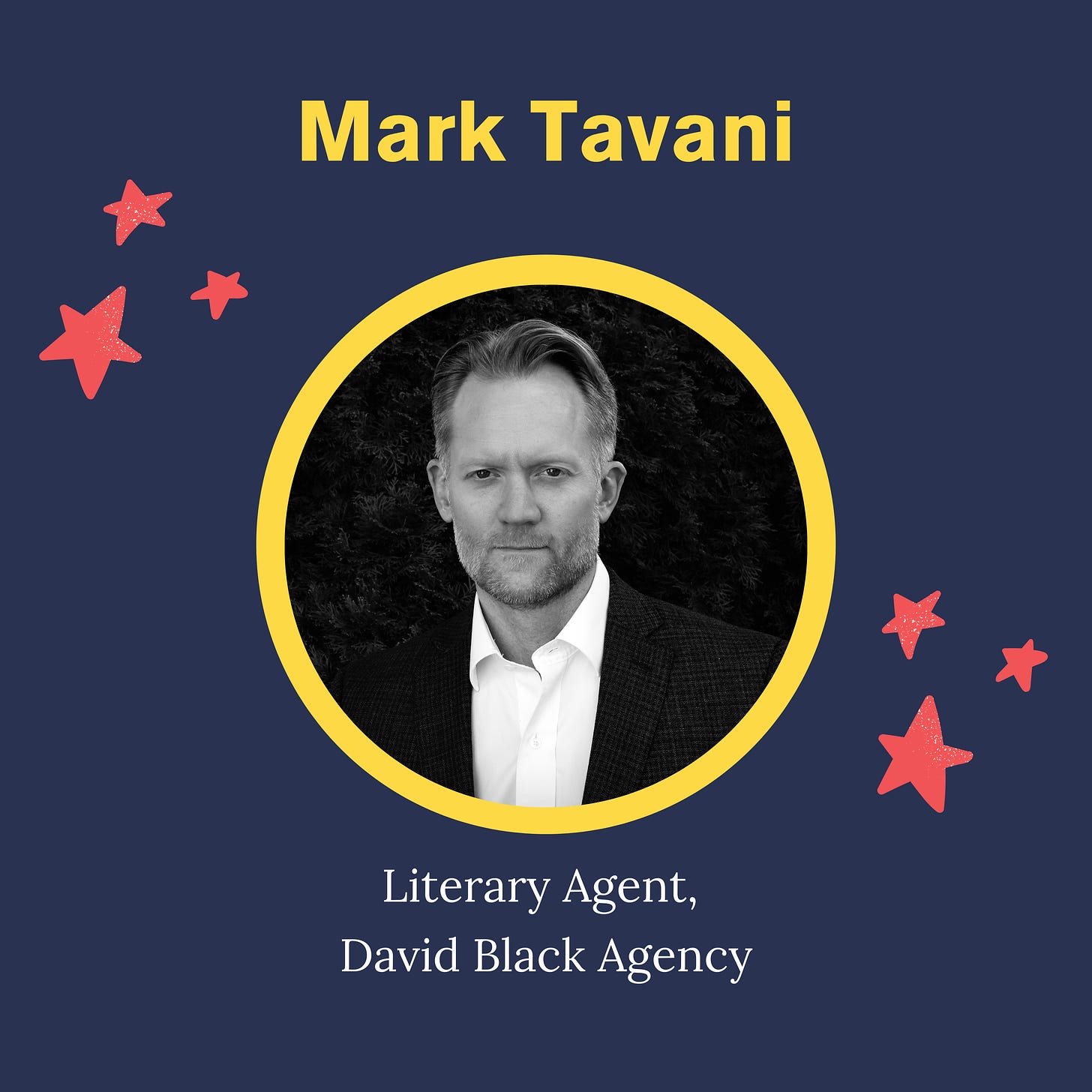
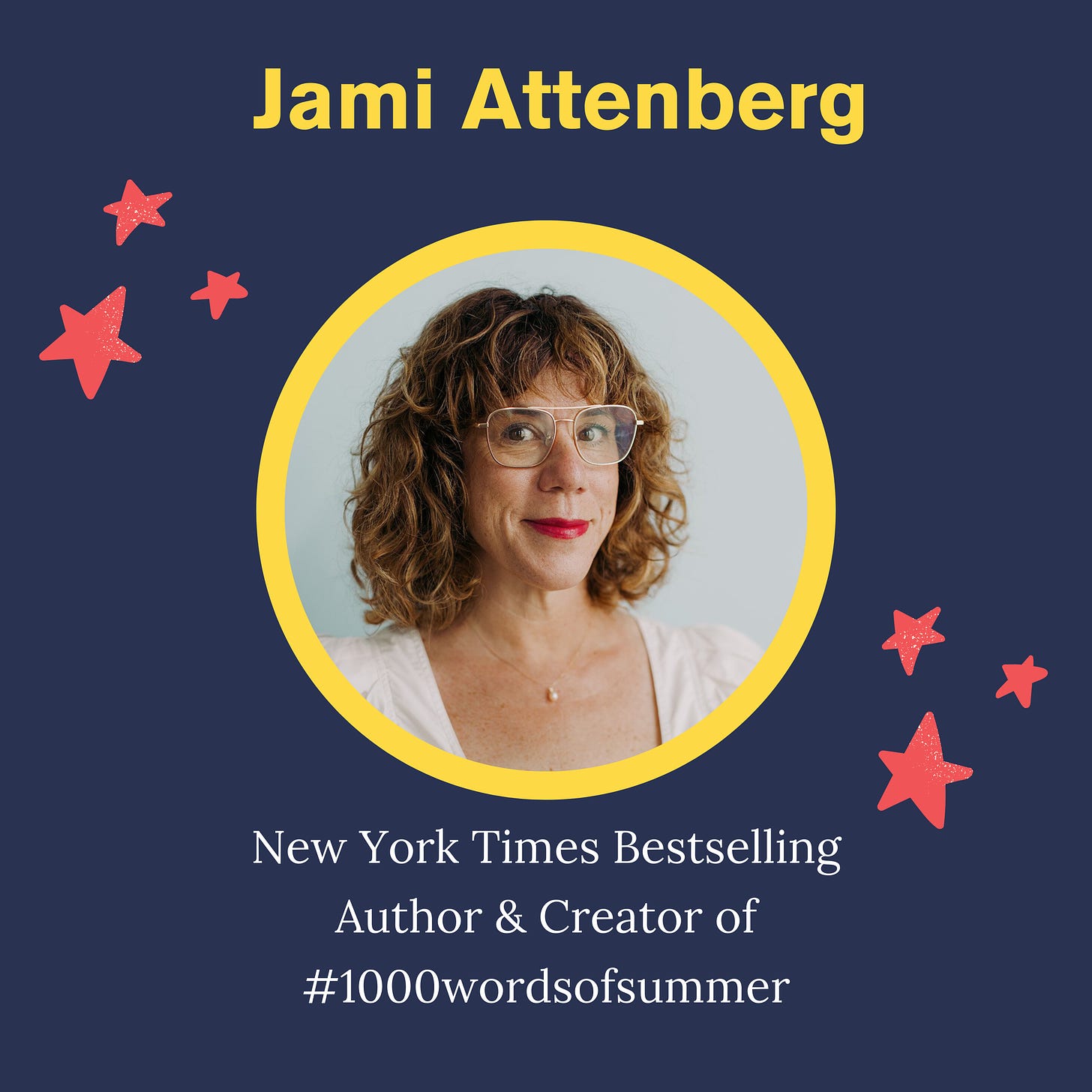
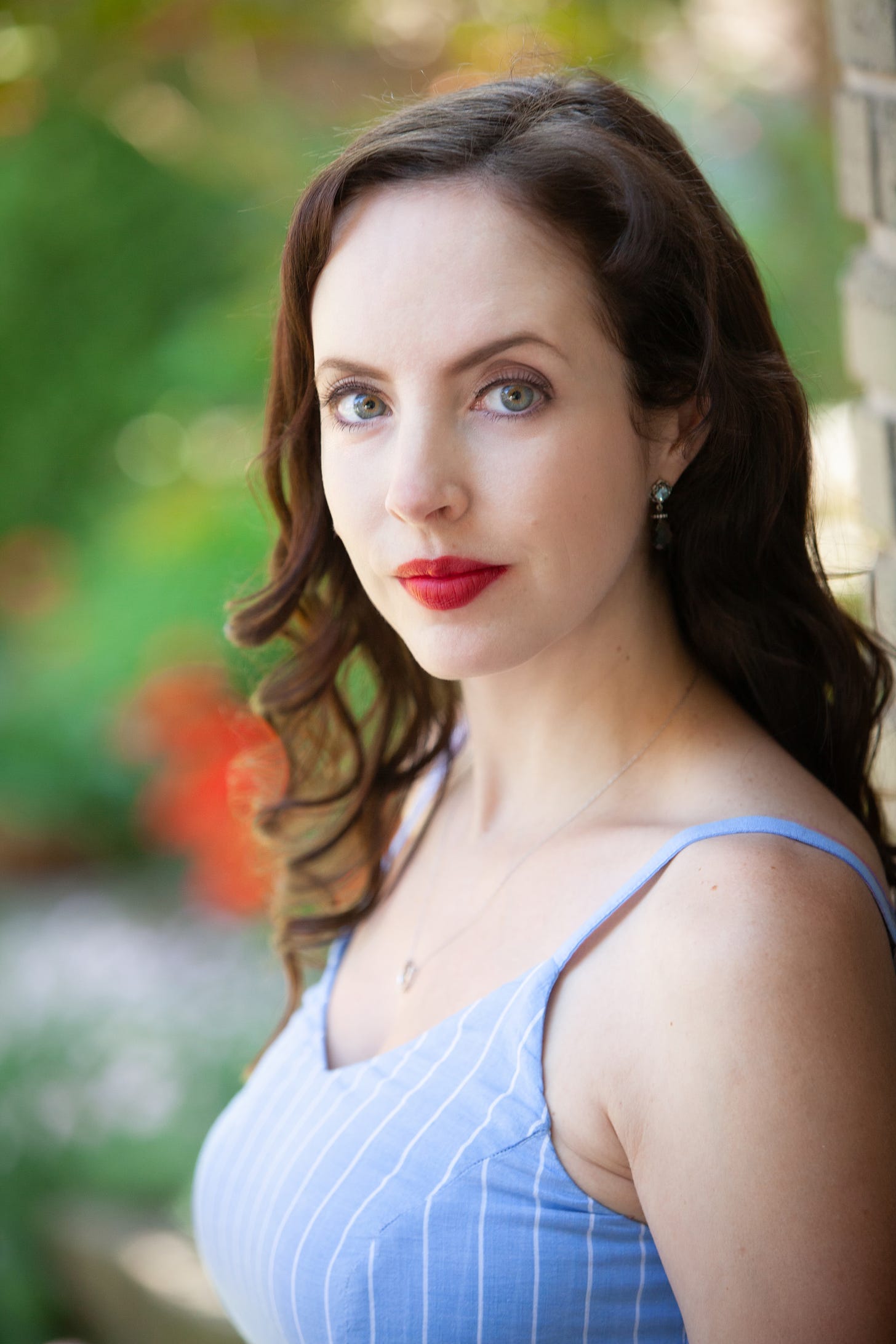

The chapter summary idea is GOLD! Mostly because the chapter I go into writing ends up looking quite different when I’m done. The intention evolves, and always for the better. But then I never capture the results anywhere. This is a brilliant suggestion, thank you!